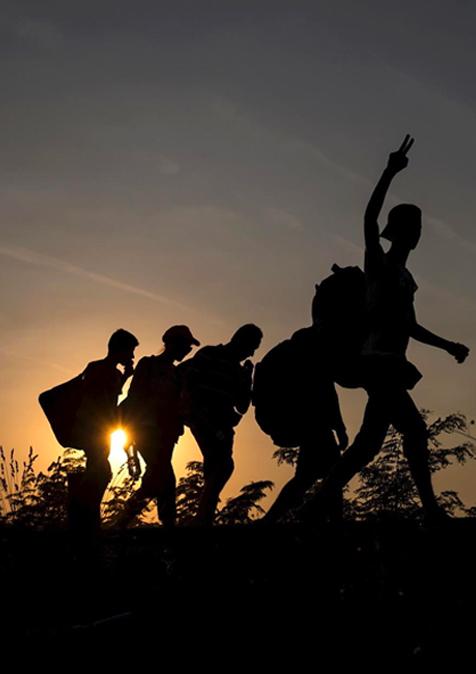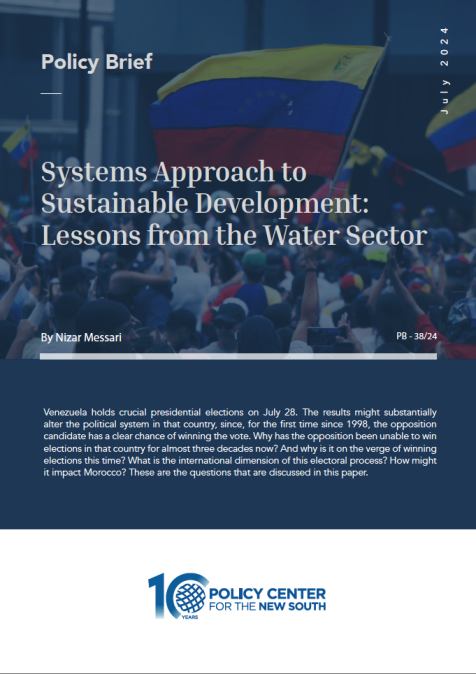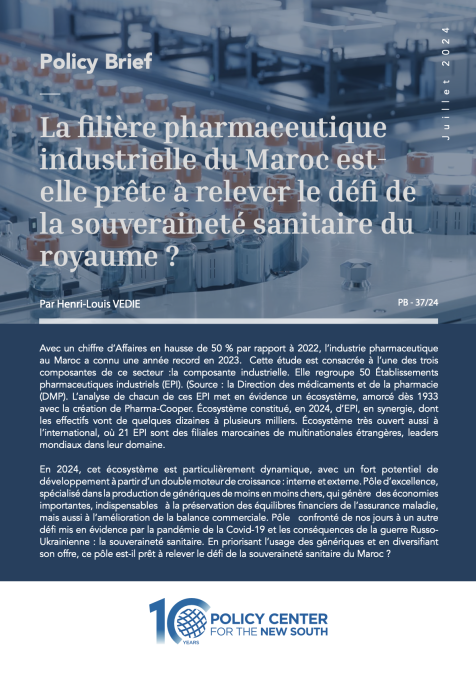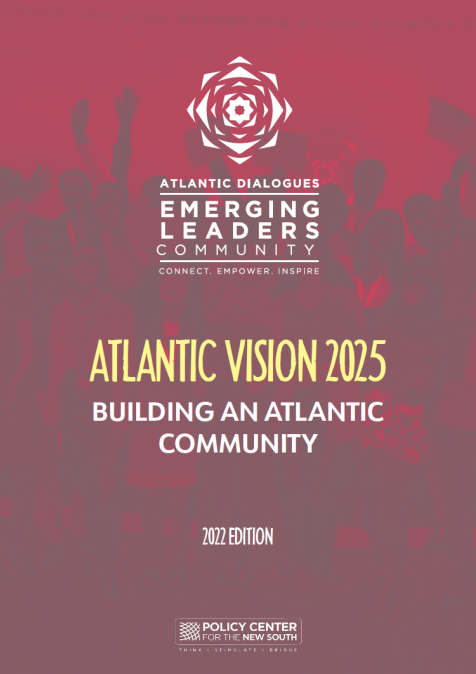Publications /
Research Paper
Dans le cadre de sa coopération bilatérale, le Maroc a entrepris des actions afin de développer ses échanges commerciaux et ses investissements dans les pays d’Afrique subsaharienne. L’objectif de ce rapport est d’analyser l’impact économique des efforts menés dans ce sens par le Royaume du Maroc, en se focalisant sur la période 1999-2015.
L’analyse des relations commerciales entre ces deux partenaires fait ressortir un volume des échanges relativement faible, comparé à son potentiel, associé à une concentration sur des produits dont la demande mondiale est moins dynamique. En outre, l’évaluation de la structure exportatrice du Maroc au regard des caractéristiques de son panier d’exportation montre une amélioration de son espace-produit sur la période 1999-2014, avec une relative diversification et un faible degré de sophistication et de complexification des produits d’exportation.
Au-delà du commerce, l’évolution des investissements directs étrangers du Maroc à destination d’Afrique subsaharienne (principale zone d’accueil des investissements marocains dans le monde) montre une tendance à la progression, liée à la signature de nombreux accords de protection, de promotion réciproques et de non double imposition, ainsi qu’à l’adoucissement de la règlementation des investissements.
L’analyse de l’impact du commerce et des IDE du Maroc en Afrique subsaharienne sur la croissance économique du Maroc, par une modélisation de type ARDL (Autoregressive distribution Lag), montre que l’investissement direct étranger marocain à destination de lAfrique subsaharienne a un impact positif et significatif sur son PIB par tête à court comme à long terme. Pour ce qui est du commerce bilatéral entre le Maroc et l’Afrique subsaharienne, aucune relation d’équilibre de long terme n’a pu être mise en évidence, en raison du poids encore faible des volumes d’échanges commerciaux.
Ces résultats suggèrent quelques implications de politiques économiques allant dans le sens de libérer le potentiel commercial du Maroc et de renforcer les investissements directs étrangers à destination d’Afrique subsaharienne.
Il s’agira notamment de : (i) poursuivre la politique de facilitation des investissements et du commerce du Maroc avec l’Afrique subsaharienne ; (ii) accélérer la signature d’accords commerciaux et de partenariat avancé avec les pays d’Afrique subsaharienne ; (iii) développer les infrastructures de transport connectant le Maroc et l’Afrique subsaharienne ; (iv) renforcer le financement du commerce bilatéral avec l’Afrique ; (v) améliorer l’information sur les opportunités de commerce et d’investissement en Afrique subsaharienne ; (vi) promouvoir la diversification de la production industrielle marocaine et son adaptation aux besoins des pays d’Afrique subsaharienne ; (vii) encourager le commerce des services entre le Maroc et l’Afrique subsaharienne.












